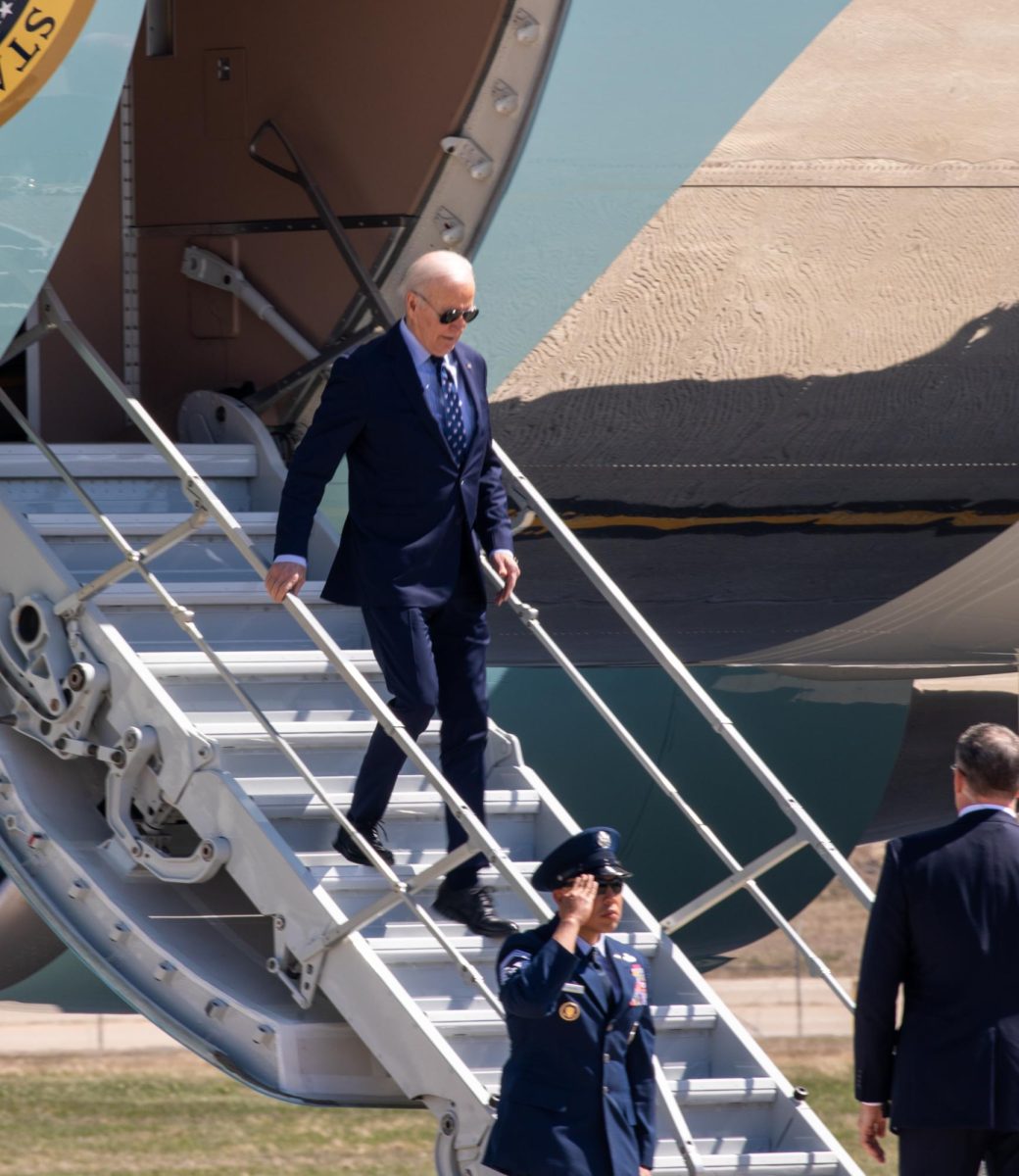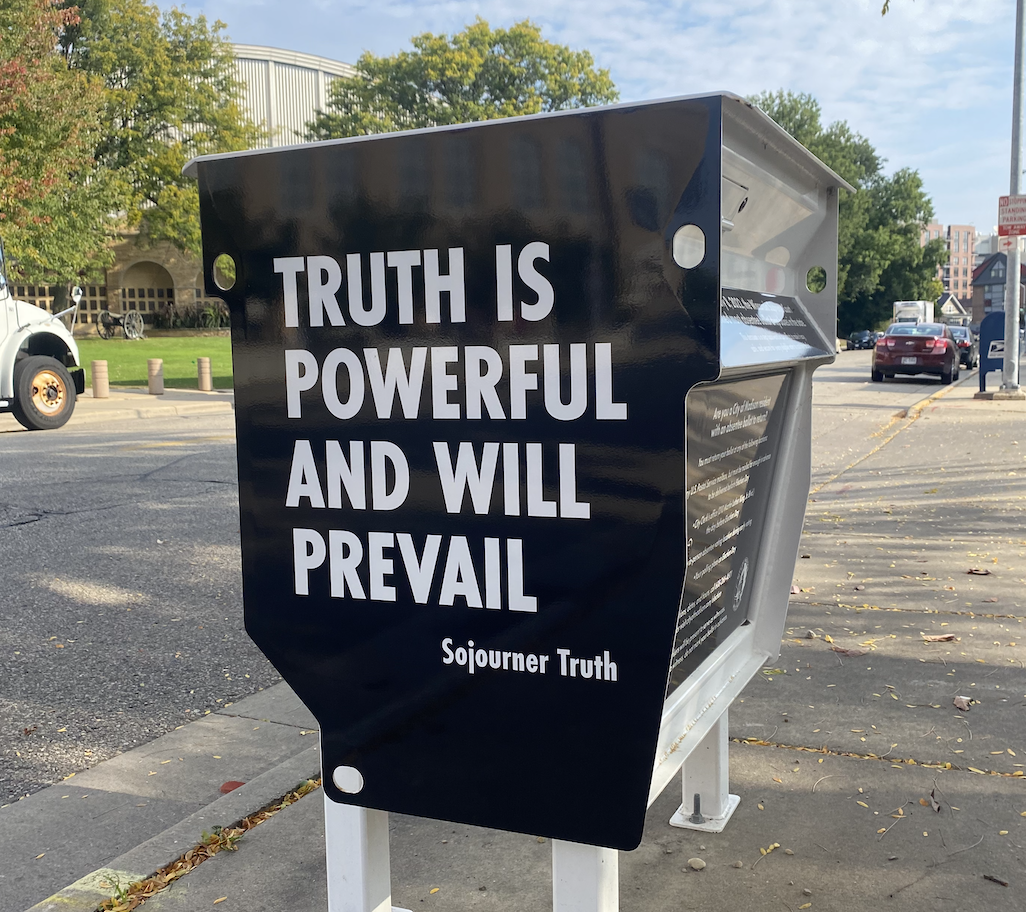During my years of service to the Wisconsin Union Directorate Distinguished Lecture Series, I figured something out really fast: we were literally promoting tons of greenhouse gas emissions by flying our speakers across the country on jumbo jets. But I would never have deprived our audience members of the opportunity to hear Dr. Shirin Ebadi speak about human rights abuses in Iran, or Karl Henrik-Rob?rt talk about Sweden’s “Natural Step” plan for sustainability. So DLS became the first student organization on campus to purchase carbon offsets. We could have gone crazy, spending tens of thousands of dollars offsetting the carbon footprints of all our committee members’ pre-lecture dinner costs. But we confined our purchases to air travel, since that was all we could afford, in hopes other organizations would follow suit and do what they could.
A brief overview: Carbon credits are based on the premise that everyone has a carbon footprint — a measurable amount of greenhouse gas emissions for which they are responsible. For example, according to the renowned offset-provider Climate Friendly, the average household expends 9.3 tons of carbon dioxide every year. Offset providers allow such households to make non-refundable investments in green technology to prevent the release of 9.3 such tons elsewhere on the planet. It’s not a stock or bond or option — it’s a donation to the future of the planet. The pricing math is not perfect, and offset providers vary radically in the algorithms used to calculate the price of offsetting a ton of carbon. Canadian environmentalist David Suzuki recommends working primarily through Gold-Star-designated providers that will invest your donation into green energy projects with high probabilities of expedient implementation and success.
So imagine my surprise, as a initial proponent of carbon offsetting on campus, to learn the UW Athletic Department is purchasing carbon offsets for its entire season of home games: an estimated 8,100 tons of carbon dioxide emissions, to include, according to The Badger Herald, “transportation to and from the game for every attendant, stadium operations and concessions.” (I was indeed so taken aback by this news that I thoroughly forgot about Dane County losing it’s AAA bond rating.) The Athletic Department deserves much scrutiny both for ticketing policies and, as I have argued previously, for creating a cult of athleticism that leaves athletes vulnerable to emotional abuse and depression. But here they have proven themselves classy, thoughtful and progressive. I can’t wait for Bill O’Reilly or Glenn Beck to catch wind of this initiative. Better yet, I almost want the Student Services Finance Committee to conditionally grant Collegians For a Constructive Tomorrow funding just so we can see the hilarious brochures they’d print about carbon offsets and their crystal-clear linkages to fascist regimes.
There are skeptics of carbon offsets, to be sure; including faculty within the Nelson Institute for Environmental Studies, no one’s idea of a conservative think tank. Offsets are controversial items for purchase, and the economic world is certainly not on board with them yet. As the Financial Times noted, the inability of independent business actors to agree on the social cost of greenhouse gas emissions makes it impossible to accurately price carbon credits within any environmental initiative. There is the fear that offsets cannot stop global warming, since they merely provide the upper-middle-class a guilt-free way to pump more carbon dioxide into the atmosphere. And it is still unclear how the carbon offset can be transformed from a mere donation into a viable monetary asset. Right now buying a carbon offset feels a little like purchasing stock with the guarantee you will never see any return. And if the only people who invest in green energy are the bleeding hearts, global warming cannot be beat.
But there’s one reason — an elephant in the room, really — to support carbon offsets, skepticism aside. A carbon tax is coming. Not this year or next year, but as soon as this recession ends, policymakers will be hard at work finding ways to tax consumers’ carbon emissions at the individual level. Individuals and organizations who modify their finances now in anticipation of this tax will feel less fallout when such a tax is imposed. So whether you buy carbon offsets so your grandchildren don’t see their major cities underwater, as foreshadowed in “An Inconvenient Truth” and by the vast majority of scientists worldwide, or simply to be prudent in anticipation of heavy taxation, you’re doing the smart thing. If even 1 percent of the 80,000 fans at Camp Randall decide to check out this offset thing for themselves after hearing the initiative announced, that level of interest will be light-years higher than current public interest. And though I’m no die-hard college sports fan, that makes me want to hug the first two people I see on the street and sing “Varsity” until my voice goes hoarse.
Eric Schmidt ([email protected]) is a senior majoring in political science.







